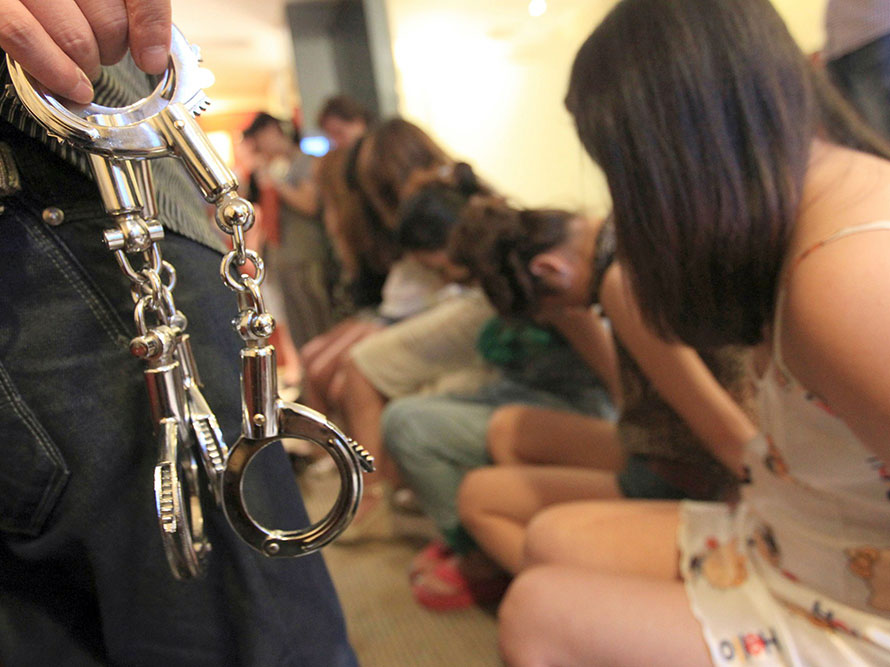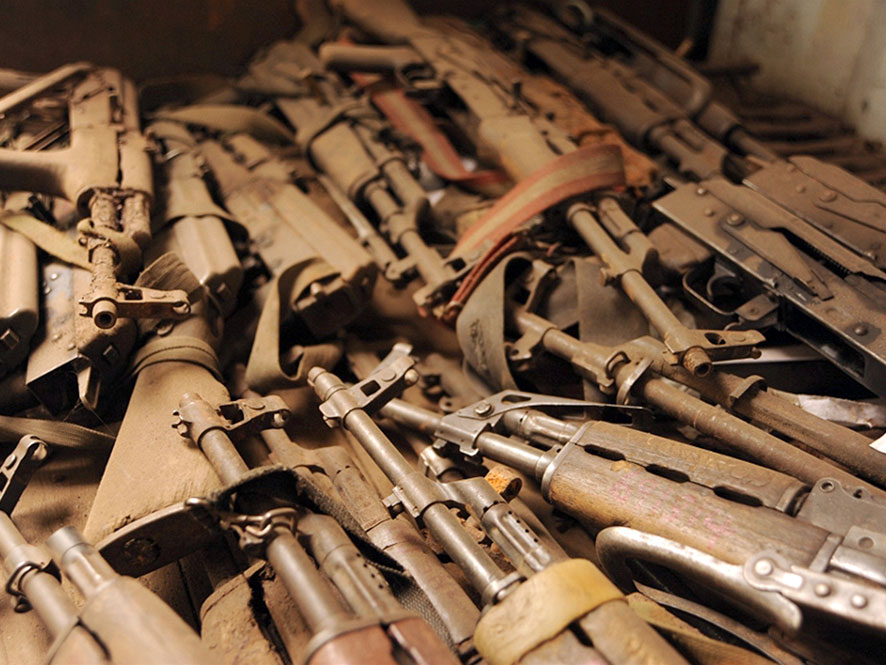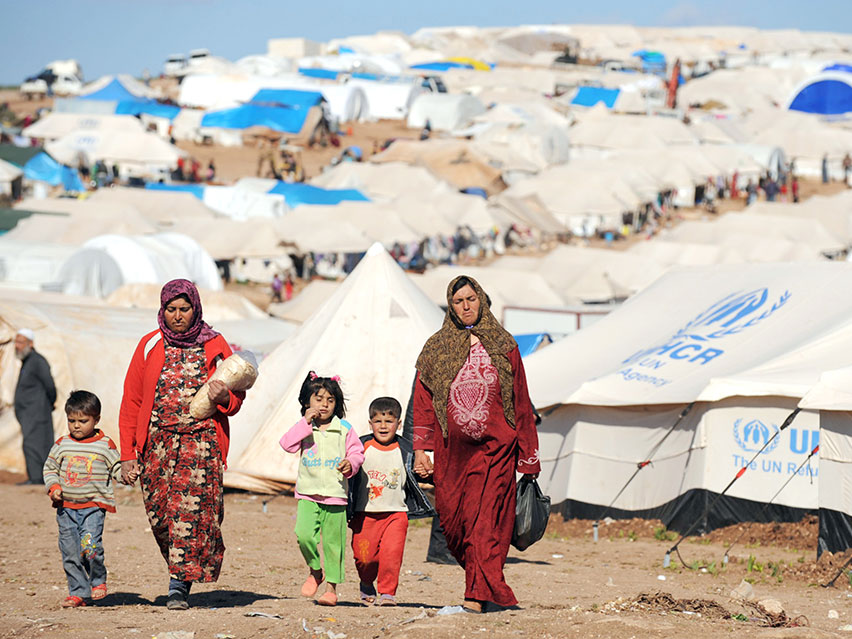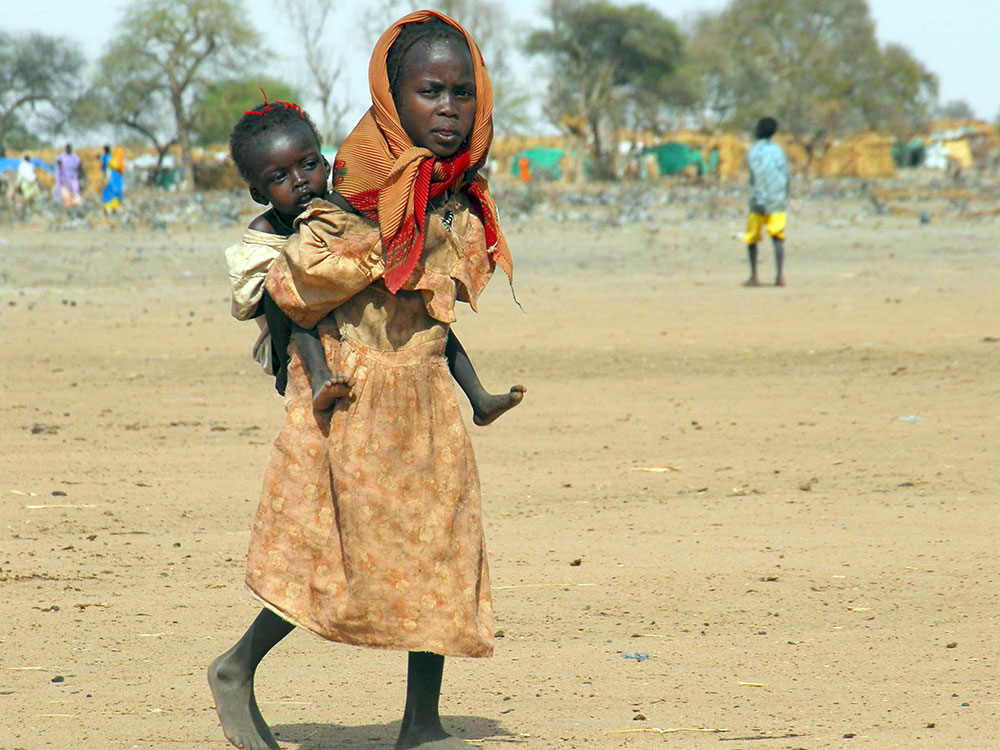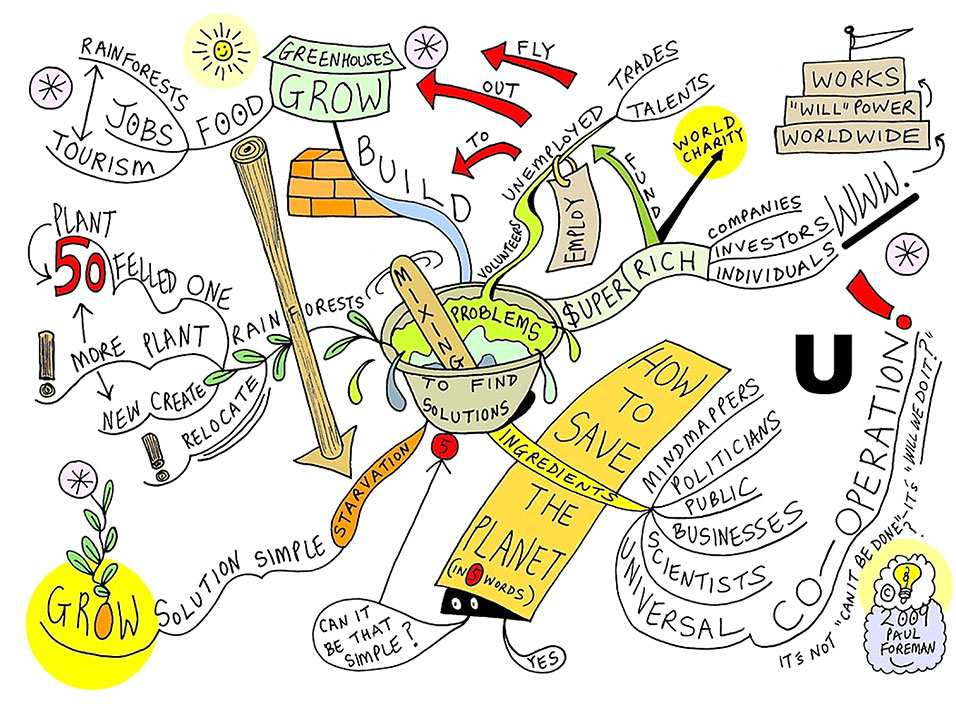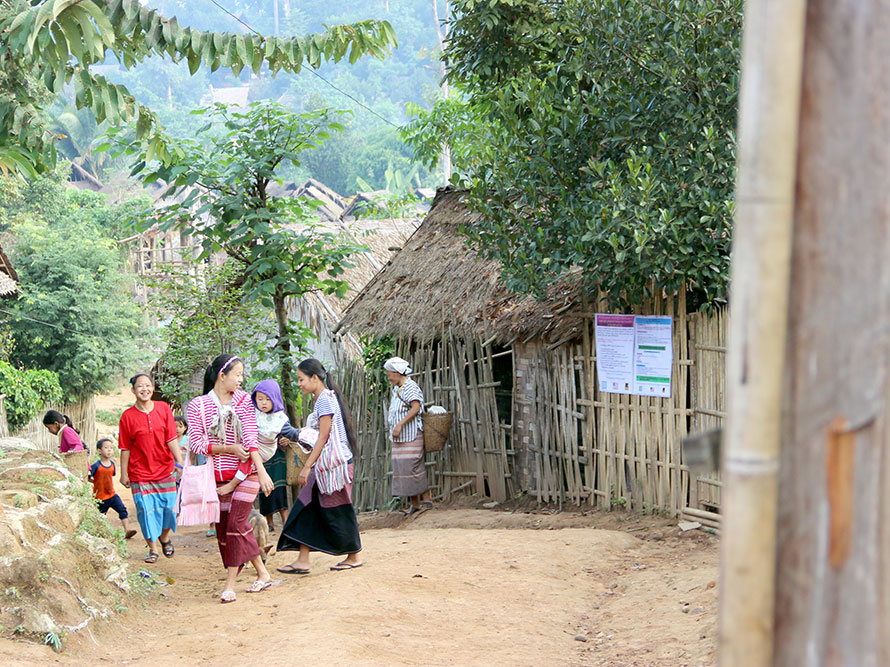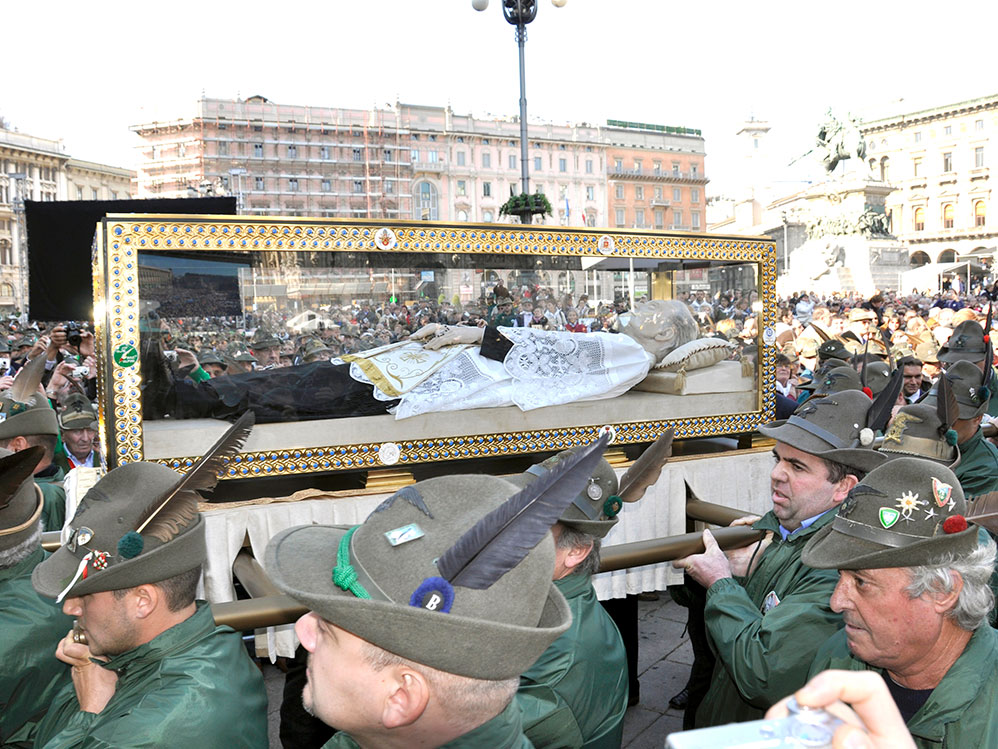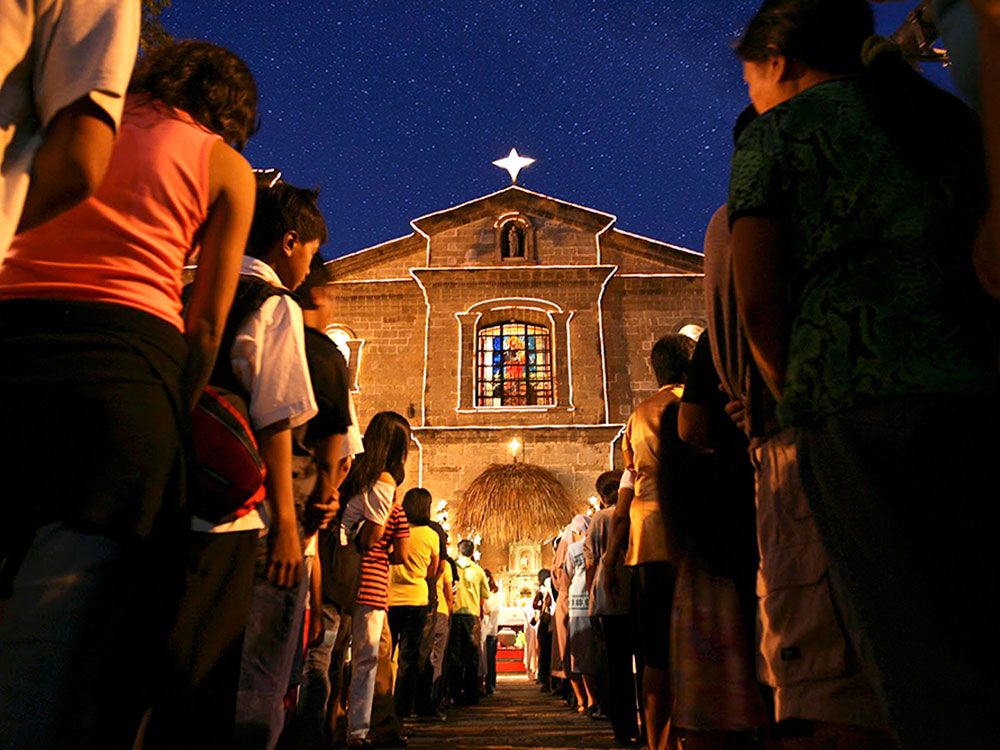The Control Arms Coalition was launched in 2003 by Oxfam, Amnesty International and the International Action Network on Small Arms (IANSA) as a platform to campaign for the regulation of arms and ammunition, the legal and illegal trade of which has caused much suffering and death the world over. Control Arms’ expertise in campaigning is driven by its members. While efforts stem from its Secretariat in New York, deployment is done through the 100 organizations and hundreds of campaigners, policy specialists, and media experts throughout the world. Control Arms members can be found in all major international regions. In addition, Oxfam and Amnesty International have decades of experience to mobilize the public for change. When it is determined that a specific measure warrants campaign efforts, messages are developed in close cooperation with regional partners and then spread to the global network for use at national-level campaign efforts. Armed with a clear motivation and supported by a strong network, the coalition then set out its campaign to lobby for an Arms Trade Treaty (ATT).
In its initial stages, however, the campaign faced considerable challenges. At the time of its launch, only three governments, Costa Rica, Mali and Cambodia, publicly supported the idea of an ATT. Other arms-related initiatives, such as the Mine Ban Treaty, had to be agreed upon outside of the United Nations due to resistance from certain states. Recognizing this, Control Arms, along with a group of Nobel Peace Laureates, including Oscar Arias Sanchez and Archbishop Desmond Tutu, asked governments to explore the possibility of establishing a global regime within the U.N. to regulate the arms trade. To build public awareness, Control Arms focused its campaign on highlighting the death toll because of the unregulated arms trade, tapping upon its growing member base to illustrate diverse examples of crimes and conflicts fuelled by weapons proliferation.
PEOPLE’S VOICES
As momentum grew, Control Arms expanded its membership and its activities. In 2006, Control Arms presented the “One Million Faces” petition to then-U.N. Secretary General Kofi Annan. In a time when the use of social media and smart phones was not yet widespread, the “Million Faces” campaign was a momentous accomplishment. The campaign collected drawings and photographs of one million people from around the world to put pressure on governments to start a process to establish an ATT. One year later, Control Arms helped organize “people’s consultations” in over 50 countries. While the U.N. solicited input from governments on the next steps to pursue for the ATT process, Control Arms held parallel consultations with ordinary people, to ensure that their voices would be heard.
The campaign attained the desired effect. In 2009, the majority of the world’s governments recognized the suffering caused by the global arms trade. The United Nations then voted to begin negotiations for a treaty to control that trade, recognizing that the irresponsible trade of arms is devastating lives and livelihoods around the world. For example, in West Pokot, Kenya, Kiptela Tum related how his family’s life has been permanently affected by the easy access to weapons and ammunition: “Arms are a big problem. All of my three brothers have died because of guns. Now I am the only one to take care of the whole family and life is very hard.” His story sadly reflects the global harm done by both legally, but irresponsibly traded, or illicitly traded arms. In conflicts across the world, as well as in armed violence caused by organized crime, people are dying, being injured, and suffering economic loss.
THE ARMS BUSINESS
For decades, the global trade of most consumer goods has been regulated and carefully controlled, in contrast to the global trade of arms and ammunition. Before the ATT, there were no legally binding and universally applicable criteria governing the transfer of weapons across borders. This is despite the fact that more than 2,000 people are killed every day due to armed violence. This had profound implications for the lives and livelihoods of millions of women, men, and children throughout the world. Even if local or regional controls existed, they were easily violated. In fact, at least $2.2 billion worth of arms and ammunition were imported by countries under arms embargoes between 2000 and 2010. Clearly, global controls were needed.
Beyond embargoes, the arms trade is a global business that requires global controls. A case in point is the Egyptian K-8 trainer aircraft that is assembled in Egypt but built in China and Pakistan, with parts from the U.S., U.K. and elsewhere. This is typical of the globalized nature of the trade, making the ATT essential.
SKEWED GOVERNMENT PRIORITIES
The global arms trade costs lives and harms development. Military expenditure in fragile and conflict-affected countries around the world increased by 15% between 2009 and 2010, while Official Development Assistance (ODA) to these countries increased by only 9%. In 2010, this group of states accounted for less than 1% of global wealth, but 7% of all arms sales, amounting to around $1.7 billion.
Furthermore, Oxfam’s research has shown a clear link between corruption and the arms trade. All low-income and lower middle-income countries that allocated more than 10% of their central government expenditure to the military in 2009 scored poorly on global corruption indices. The socio-economic development of these countries is stunted by the irresponsible trade in arms, and the conflicts the trade fuels.
After the 2008 vote, Control Arms members were mobilized in national capitals and at the U.N. to keep up the pressure, including staging media stunts and hosting meetings and activities to raise awareness and knowledge. In 2011, a global Secretariat was established in New York, which allowed for greater collaboration among Coalition members and a more cohesive civil society presence at negotiations. Between 2009 and 2013, there were six major conferences at the U.N. dedicated to the development of an ATT, including two official diplomatic negotiations. Control Arms engaged proactively in these negotiations both within and outside the U.N., launching a new global campaign, the “Speak Out” campaign, to raise public awareness, and to provide technical expertise, legal advice and strategic advocacy to governments throughout the conferences. CA members also held media stunts and actions, both in capitals and outside the U.N., to better engage local media and increase the public focus on the negotiations.
FAITH-BASED ORGANIZATIONS
Faith-based organizations have been an important component of the Control Arms Coalition. Their involvement is based on combating the proliferation and effects of the arms. For example, churches, mosques and other places of worship have often been used as arms collection sites. Religious leaders, regarded as a source of spiritual well-being and moral authority by their communities, are able to take on a different and more readily acceptable role in comparison to the administrative role played by law enforcement agencies and governments in the promotion of arms control norms and activities. Faith communities also frequently tend to the victims of gun violence by providing much-needed medical care and support and reach out to the perpetrators through rehabilitation and reintegration.
In 2011, many of the faith-based organizations of Control Arms came together to draft an Interfaith Declaration in Support of an Arms Trade Treaty. This included Caritas International, Pax Christi International (PCI), Swedish Fellowship of Reconciliation (SweFOR) and the World Council of Churches (WCC). The large international networks were able to further mobilize many of their national-level member churches or chapters. The Declaration echoed the major points that Control Arms was advocating but also elucidated why the ATT matters to people of faith. Senior religious leaders and faith-based organizations were invited to sign it after it was launched during the “Dozen Days of Action” in September 2011. Over the following months, these organizations, along with many of their national chapters and member churches, and many other secular members of the Control Arms Coalition, moved to raise support for the Declaration. In total, over 300 senior religious leaders and nearly 90 faith-based organizations, representing 46 countries and many religious traditions signed the Declaration. It was presented to U.N. Secretary General Ban Ki-moon during a ceremony that took place at the start of the ATT negotiations in July 2012.
Apart from the Declaration, faith-based groups have also worked alongside secular members of the Coalition to lobby governments and provide expertise and information throughout the ATT process. As the first round of treaty negotiations became more difficult, the WCC, PCI, the World Evangelical Alliance and Caritas released a joint statement on the importance of including ammunition in the Treaty. Religions for peace joined forces with other members in advocating for the inclusion of gender-based violence as a treaty criterion. The WCC led an “Ecumenical Campaign for a Strong and Effective Arms Trade Treaty” which leveraged support from its global network for letter writing and in-person advocacy. The campaign mobilized approximately 60 representatives of churches, related agencies and faith networks in 30 countries and highlighted the important role of faith-based organisations in such efforts.
ATT ‘S SUBSTANCE
In March 2013, the second ATT negotiating conference met in New York. After two weeks of intense talks, a draft was reached which commanded overwhelming support. However, Iran, Syria and North Korea blocked the adoption of the Treaty. Nevertheless, supportive governments and civil society could not be silenced. Delegates decided to submit the matter to the U.N. General Assembly. On 2 April 2013, the Assembly adopted the ATT with a vote of 154-3. Three months later, the Treaty was signed.
The Treaty sets a framework for states to control the global arms trade. It creates a global norm to control the arms trade based on international humanitarian and human rights laws. Specifically, the Treaty controls the trade of battle tanks, armored combat vehicles, large-caliber artillery systems, combat aircrafts, attack helicopters, warships, missiles, missile launchers, small arms, light weapons, ammunition, as well as parts and components. In addition, the Treaty encourages states to further regulate “the broadest range of conventional arms.”
The ATT forbids states from sending arms to destinations where the arms would be used to perpetrate war crimes, genocide, attacks against civilians, and other grave breaches of the Geneva Conventions. If these prohibitions do not apply, then states must still carry out a risk assessment to establish whether the proposed transfer could lead to certain kinds of harm. For example, states must decide whether there is a risk of serious violations of international human rights or humanitarian law, contravening conventions relating to terrorism and organized crime (which include corruption), facilitating gender-based violence or violence against children, or diversion from the legitimate buyer to other states or non-state groups.
Very importantly, states will be required to submit annual reports on international transfers and national implementation activities. The Treaty’s text also provides for reports to be made publicly available, thereby improving transparency in the global arms trade. This is essential to proper control of the legitimate trade, and also to understanding the illicit trade.
Finally, a conference of states parties will be established, with a mandate to review implementation by states parties and define the work of the ATT Secretariat. In addition, the establishment of a trust fund is also mandated to help countries with ratification and implementation responsibilities. States which lack the technical capacity and resources to implement the Treaty will be given the help they need to make the Treaty as strong as it can be.
ATT’S ENFORCEMENT
The ATT mandates states to enforce the Treaty through national laws and regulations. It also requires states to cooperate on the implementation and enforcement by information sharing, providing mutual assistance, and by cooperating in tackling corruption. Monitoring of the Treaty’s implementation will be undertaken by both states parties and civil society. For its part, Control Arms and other NGOs will press their national governments to produce and to make public the most comprehensive national reports possible.
Conferences of states parties will have a broad mandate to review implementation of the Treaty, to consider issues arising from the interpretation of the Treaty, and to consider and adopt recommendations regarding its implementation and operation.
THE WORK AHEAD
The mere fact that the Arms Trade Treaty negotiations had been started was already a key campaign victory. The signing of the Treaty in 2013, the first global treaty ever ratified to regulate the trade in conventional arms and ammunition, and the strength of the provisions of that treaty are proof that global pressure through campaigning can achieve the change the world desperately needs. In 10 years, Control Arms had helped transform the ATT, from an idea, into a U.N. process involving all member states and, finally, culminating into an actual treaty.
Campaigning has always been at the center of Control Arms efforts. It helped raise the collective voices of millions of people for over 10 years. The signing of the Arms Trade Treaty was, in many ways, the culmination of these campaign efforts. However, much work needs to be done in order to achieve the real impact the ATT intends to have. With 50 ratifications needed for entry into force, the campaign now shifts to the national level to urge the first 50 nations to take this critical step.
To this end, Control Arms has launched the “Race to 50” campaign. The campaign urges countries to “sprint into action” and become part of the treaty that will save lives and protect livelihoods. Control Arms is employing new digital campaigning techniques. In a field where petitions and letters to Members of Parliament used to be the exclusive methods for achieving change, Control Arms is now harnessing the power of online platforms, to raise awareness and create change.
Whether through handwritten letters to a Senator or by sharing an educational graphic online, Control Arms is determined to continue to drive global audiences to engage in a conversation that desperately needs their voice. Politicians, diplomats, and the arms industry cannot be the only voices in the international arms trade. Campaigning will ensure that the humanitarian principles in the Arms Trade Treaty are at the heart of future decisions.
Control Arms will be there throughout the entry into force and “universalization” processes, drawing on the latest strategies to ensure that popular audiences stay informed and hold governments to their promise to end the irresponsible arms trade. In years to come, millions of lives will be saved, and enormous economic damage to communities prevented, because campaigners stood steadfastly for an Arms Trade Treaty.




